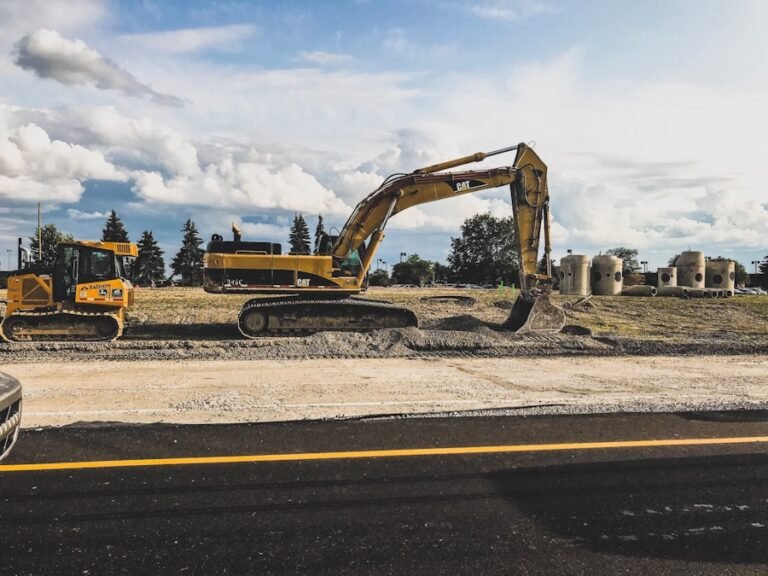Water management is a critical issue in Bali, as the island’s population continues to grow and urbanization puts pressure on the island’s water resources. With its tropical climate, Bali receives a significant amount of rainfall each year, but the island’s water supply is not always sufficient to meet the needs of its residents, particularly during the dry season. As a result, effective water management is essential to ensure that the island’s population has access to clean and reliable water sources.
In addition to meeting the needs of its residents, water management is also important for sustaining Bali’s natural environment. The island’s unique ecosystems, including its rice terraces and lush forests, rely on a steady supply of water to thrive. Without proper water management, these ecosystems are at risk of degradation, which could have far-reaching consequences for the island’s biodiversity and overall environmental health. Therefore, it is crucial for Bali to implement sustainable water management practices that balance the needs of its residents with the preservation of its natural resources.
The Traditional Practice of Rainwater Harvesting in Bali
One traditional practice that has long been used in Bali to manage water resources is rainwater harvesting. This ancient technique involves collecting and storing rainwater for later use, typically in household cisterns or other storage containers. Rainwater harvesting has been a common practice in Bali for centuries, and it continues to play a vital role in the island’s water management efforts today.
In addition to providing a reliable source of water for household use, rainwater harvesting also helps to reduce the strain on Bali’s groundwater reserves. By capturing rainwater before it can seep into the ground, this practice helps to replenish the island’s aquifers and maintain a healthy balance between surface and groundwater sources. Furthermore, rainwater harvesting can also help to mitigate the impact of flooding during heavy rainfall events, as it reduces the amount of runoff that flows into rivers and streams. Overall, rainwater harvesting is an important part of Bali’s water management heritage and continues to be a valuable tool for addressing the island’s water scarcity challenges.
The Challenges of Water Scarcity in Bali
Despite its abundant rainfall, Bali faces significant challenges when it comes to water scarcity. The island’s growing population and expanding tourism industry have put pressure on its water resources, leading to increased competition for limited supplies. In addition, climate change is expected to exacerbate these challenges by altering rainfall patterns and increasing the frequency of droughts and other extreme weather events.
As a result, many areas of Bali experience water shortages, particularly during the dry season when rainfall is scarce. This can have serious implications for the island’s residents, as access to clean water is essential for drinking, sanitation, and agriculture. In response to these challenges, Bali has been working to improve its water management practices and develop innovative solutions to address its water scarcity issues. One such solution is the promotion of rainwater harvesting as a sustainable and cost-effective way to supplement the island’s water supply.
The Benefits of Rainwater Harvesting for Sustainable Water Management
Rainwater harvesting offers a range of benefits for sustainable water management in Bali. By capturing rainwater for later use, this practice helps to reduce reliance on groundwater and surface water sources, which are often overexploited and at risk of contamination. This, in turn, helps to preserve Bali’s natural water resources and ensure that they remain available for future generations.
In addition to conserving water resources, rainwater harvesting also provides a reliable source of water for household use, agriculture, and other purposes. This can be particularly valuable during the dry season when rainfall is limited, as it helps to supplement the island’s water supply and reduce the impact of water shortages. Furthermore, rainwater harvesting can also help to reduce flooding by capturing excess rainwater before it can overwhelm drainage systems and cause damage to homes and infrastructure. Overall, rainwater harvesting offers a sustainable and practical solution for addressing Bali’s water scarcity challenges and promoting more efficient water management practices.
The Impact of Rainwater Harvesting on the Environment
In addition to its benefits for sustainable water management, rainwater harvesting also has a positive impact on the environment in Bali. By capturing rainwater before it can runoff into rivers and streams, this practice helps to reduce erosion and sedimentation, which can degrade aquatic habitats and harm local wildlife. Furthermore, by reducing reliance on groundwater and surface water sources, rainwater harvesting helps to protect these valuable ecosystems from overexploitation and depletion.
Moreover, rainwater harvesting can also help to mitigate the impact of urbanization on Bali’s natural environment by reducing the demand for new infrastructure such as dams and reservoirs. This can help to preserve the island’s scenic landscapes and cultural heritage while promoting more sustainable development practices. Overall, rainwater harvesting offers a range of environmental benefits that contribute to the preservation of Bali’s natural resources and support the island’s long-term sustainability.
The Role of Community Engagement in Rainwater Harvesting
Community engagement plays a crucial role in promoting rainwater harvesting as a sustainable water management practice in Bali. By raising awareness about the benefits of rainwater harvesting and providing support for its implementation, local communities can play an active role in addressing the island’s water scarcity challenges. This can involve educating residents about the importance of conserving water resources and providing training on how to design and maintain rainwater harvesting systems.
Furthermore, community engagement can also help to foster a sense of ownership and responsibility for rainwater harvesting initiatives, leading to greater participation and long-term success. By involving local residents in the planning and implementation of rainwater harvesting projects, Bali can ensure that these initiatives are tailored to meet the specific needs of each community and are integrated into existing water management practices. Overall, community engagement is essential for promoting the widespread adoption of rainwater harvesting in Bali and ensuring its long-term sustainability.
The Future of Water Management in Bali: Innovations and Opportunities
Looking ahead, Bali has a range of opportunities to further improve its water management practices and address its water scarcity challenges. One such opportunity is the development of innovative technologies and approaches for rainwater harvesting that can enhance its efficiency and effectiveness. This could involve the use of advanced filtration systems to improve the quality of captured rainwater or the integration of smart monitoring devices to optimize collection and storage processes.
Furthermore, Bali also has opportunities to leverage public-private partnerships and international collaborations to support its water management efforts. By working with industry partners and other stakeholders, the island can access additional resources and expertise to implement large-scale rainwater harvesting projects and other sustainable water management initiatives. Additionally, by engaging with international organizations and sharing best practices with other regions facing similar challenges, Bali can benefit from global knowledge and experience in addressing water scarcity issues.
In conclusion, effective water management is essential for ensuring that Bali’s residents have access to clean and reliable water sources while preserving the island’s natural environment. Rainwater harvesting offers a sustainable solution for addressing the island’s water scarcity challenges and promoting more efficient water management practices. By engaging local communities and embracing innovative approaches, Bali has opportunities to further improve its water management efforts and secure a more sustainable future for its residents and natural resources.












